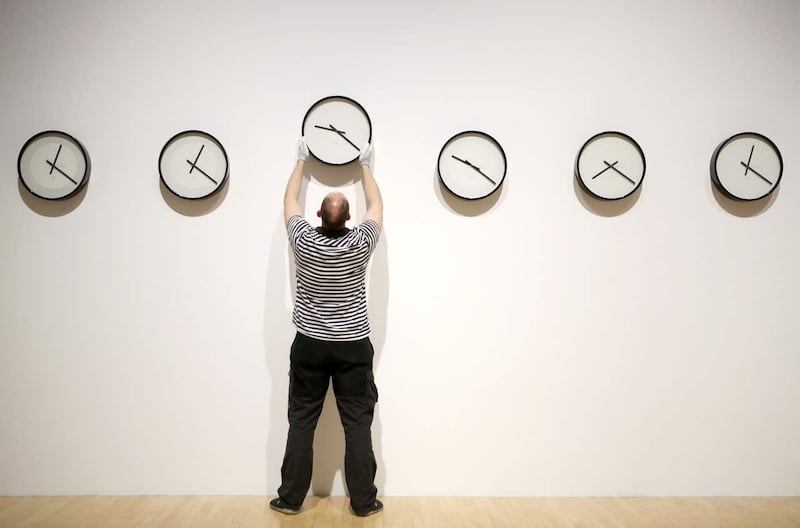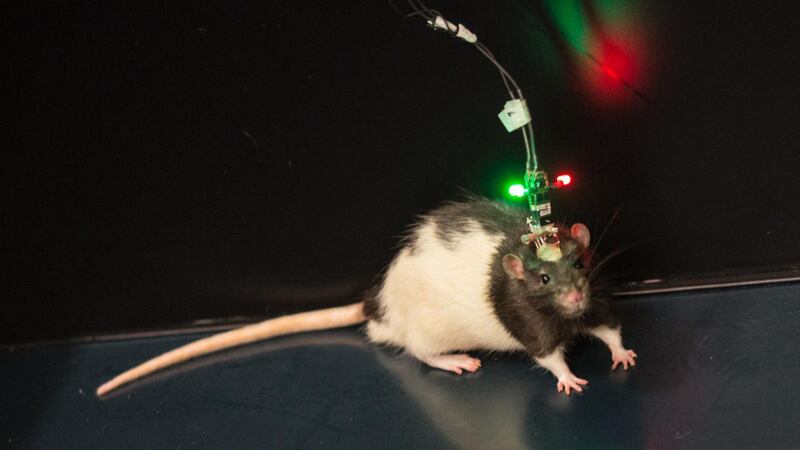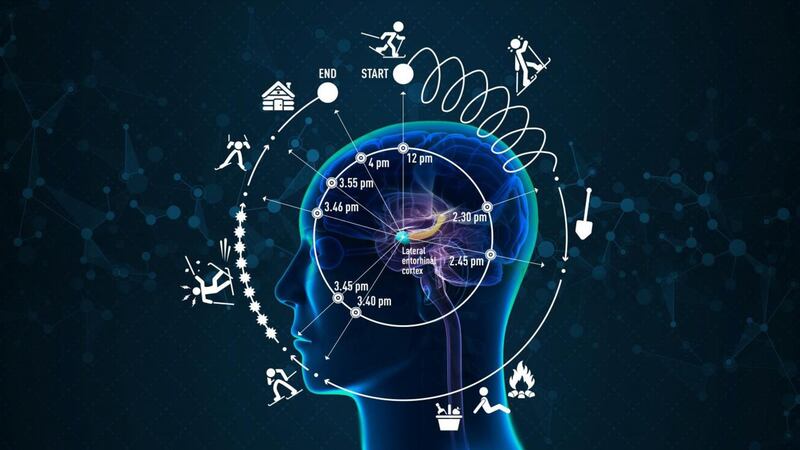We may use clocks to keep track of time, but the human brain does not perceive its passage in minutes and hours.
Scientists say our understanding of temporal length is time-stamped through our experiences and memories – although little is known about the brain mechanism behind it.
But researchers now believe they have discovered a network of brain cells they think plays a key role in the way our brain records experiences.
The human brain has built-in “biological clocks” to keep track of time – from short sequences of activity that last 10 seconds to 24-hour circadian rhythms tuned to daylight and darkness.
But exactly how the brain measures the progression of subjective time governed by our experiences has remained a mystery to scientists – until now.

Led by Dr Edvard Moser, of the Norwegian University of Science and Technology’s (NTNU) Kavli Institute for Systems Neuroscience, a team of scientists looked at an area of the brain called the lateral entorhinal cortex – or LEC for short.
While the team were unsure what this region of the brain did, they could see that its signals – i.e. its mode of communication – changed over time.
On further analysis, the researchers identified “a strong time-coding signal deep inside the brain” – a sort of “neural clock for experienced time”.
Albert Tsao, of NTNU’s Kavli Institute for Systems Neuroscience, said: “Our study reveals how the brain makes sense of time as an event is experienced.
“The network does not explicitly encode time. What we measure is rather a subjective time derived from the ongoing flow of experience.”

Experiments on a rat – which involved the animal navigating through a landscape littered with chocolate – showed that the rodent had “a unique time signal”, meaning it kept a good record of time and the sequence of events it experienced.
When the rat was trained to follow chocolate through a maze shaped like the figure eight, the signal “became more precise and predictable during the repetitive task”, suggesting that the rat had “a refined understanding of temporality during each lap, but a poor understanding of time from lap to lap”.
The researchers say their findings show that changes in activities and experience “can actually change the course of the time-signal in the LEC and thus the way you perceive time”.
The results are published in the journal Nature.








